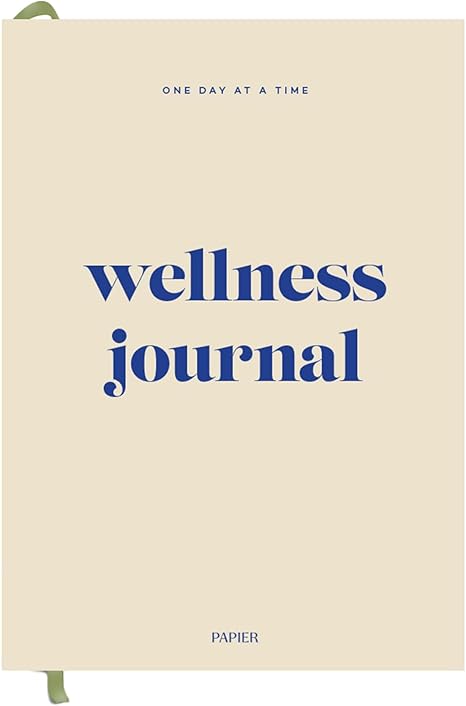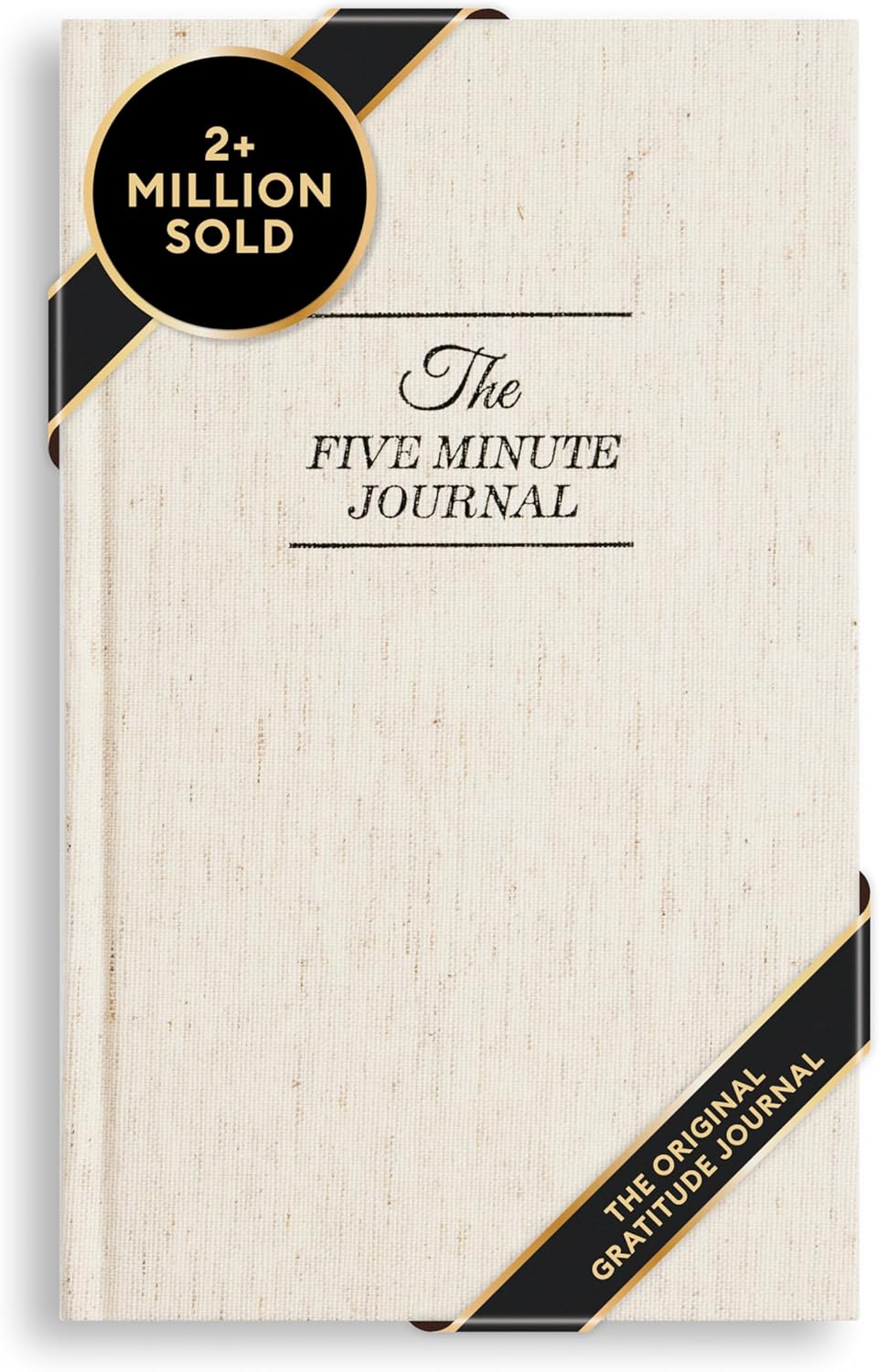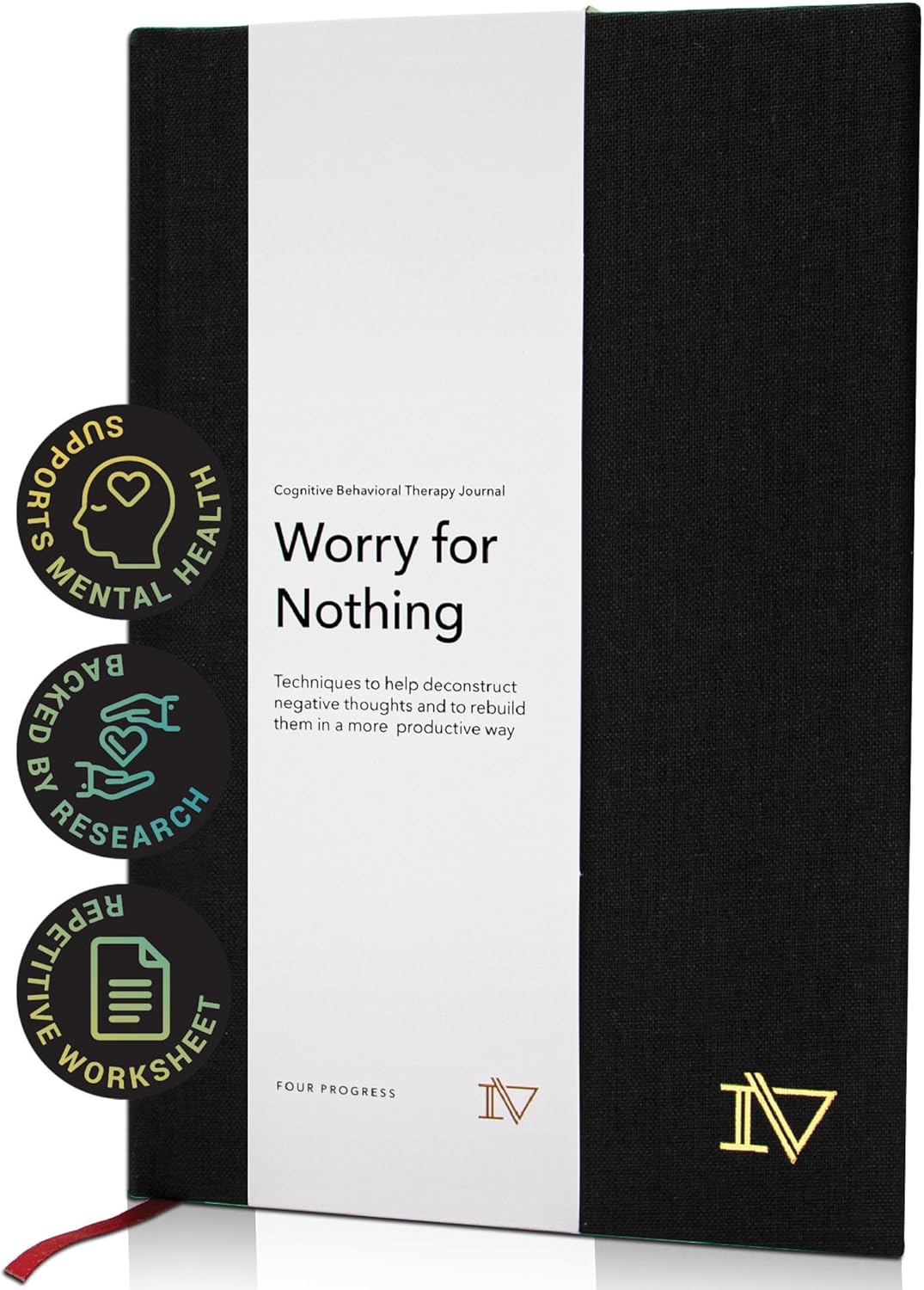“Mind racing in all directions, like a wild horse with no control, asking myself, how to find reality and make it whole?”
It is not easy to find a true moment of peace these days. But when you do, your mind floods with unwanted thoughts, keeping you anxious and uneasy.
Have you ever wondered how you can clear these thoughts and empty your mind, even just once, to experience an instant of calm truly?
Well! You can do it by starting journaling.
Journaling not only helps clear your mind but also allows you to analyze your thoughts and work on them toward your goals.
You can practice journaling in several ways to boost your mental health and unlock creativity for personal growth.
Let’s explore the benefits of journaling and how to start making it a daily habit.
How Journaling Is Beneficial for You?
Journaling is a powerful tool that helps transform your life by offering clarity and allowing you to process your emotions.
Jotting down your ideas can help you unlock a deeper understanding of thoughts and feelings. It will also help you cultivate better emotional health and personal growth.
Writing down your thoughts and feelings can effectively relieve stress, organize thoughts, and explore creativity.
Here are some of the benefits of practicing journaling daily:
#1: A Clearer Mind and Emotional Stability
The best part about practicing journaling is that it helps you process emotions and bring clarity to your thoughts. Studies show that 1 in 5 people feel anxious without knowing why, and writing can help you untangle those emotions. Journaling enables you to discover more about yourself, allowing you to understand your feelings better and take charge of them.
#2: Boosting Mental Well-Being
Consistent writing helps your mind better understand your problems and find solutions. Research shows that people who practice daily journaling often report reduced levels of stress and anxiety. Writing down your thoughts for just 20 minutes a day helps you lower cortisol levels, the hormone responsible for stress.
#3: Unlocking Creativity and Personal Growth
If you think that journaling helps you process your emotions only, practicing it correctly can boost your creativity. When you jot down random ideas or engage in creative journaling methods, you can engage the parts of your brain that usually don’t get used in your daily activities. Many successful people attribute their innovation to constituent writing.
Did You Know?
Journaling can improve your sleep quality by helping you offload worries and reduce nighttime overthinking, allowing your mind to relax before bed.
Journaling comes with the benefits of helping you release your thoughts and direct them in the proper direction.
Techniques You Can Use to Start Journaling
When we talk about starting journaling, you do not have to think of it as complicated. The more simplicity you put into it, the more beautiful it will be. However, you can unlock the deeper layers of self-awareness and creativity with some easy techniques.
These practices will allow you to explore your thoughts and emotions meaningfully. You can write freely without the pressure of strict rules, focusing on what works best for you.
Here are some of the common and effective methods to start your Journaling journey:
#1: Freewriting as Your Go-To Method
Freewriting is the most effective and empowering method when you are in a beginner’s stage. You can simply do it by setting a specific amount of time, like 10 or 15 minutes daily, and writing continuously without worrying about grammar, structure, or whether your thoughts make sense. Freewriting has only one goal: to let your thoughts flow onto the page without any filter.
Practicing freewriting boosts neuroplasticity and helps your brain form new connections, similar to exercising a muscle. Over time, you will think clearer and have better problem-solving abilities. Freewriting is a powerful tool to transform your thoughts into meaningful and inspiring expressions if you are struggling with a stressful day or looking for creative ideas.
#2: Using Prompts to Inspire Your Writing
Sometimes, you may not feel as motivated as on other days, your thoughts might not flow in one direction, or you might be unsure of what to write. Journaling prompts for beginners can give you the push you need. Simple questions like “What made me smile today?” or “What challenge did I overcome this week?” can help you review your day with intention.
👉 Pro Tip
Your unique storytelling voice emerges when you allow your true self to shine through. Focus on sharing stories that are authentic to your experiences and emotions, and let your individuality shape the way you connect with your audience.
Responding to these prompts will help you discover deep-hidden emotions or patterns you might not have noticed before. These prompts will also help you explore your thoughts better and more deeply, giving your journaling more purpose.
#3: Experimenting with Different Types of Journaling
Several types of journals are available that help you express yourself according to your needs. A variety of journals allows you to customize your experience, from gratitude journals, where you focus on appreciating small things in life, to bullet journals, which combine organization with creativity.
Dream Journals are great if you want to explore your subconscious thoughts, and daily reflection journals can help you track your progress toward your personal goals. Experimenting with different types of journaling styles allows you to discover what connects with you to make your journey more enjoyable and meaningful.
Bonus Point
In addition to these techniques, consider setting a specific intention before each journaling session—whether it’s to clear your mind, spark creativity, or gain clarity on a problem. This small but powerful practice can make your writing more focused and meaningful, helping you uncover insights you might otherwise miss.
With the above-mentioned techniques, starting your journaling journey will be easy. You can choose any writing style that suits you to express yourself.
How Can You Create a Consistent Journaling Routine?
You now understand how powerful journaling is in transforming your ideas and processing your emotions. So, building a consistent journaling habit becomes even more important by dedicating a small amount of time each day.
Here are the ways to help you incorporate journaling into your routine and make it a rewarding part of your daily life:
- Set a Time and Stick to It
Commitment is the best way to create a journaling habit. You can start by setting aside 10 minutes every day at the same time, such as in the morning or right before bed. Practicing this will help you establish a routine, and gradually, it will become a part of your life. Neuroscientific research shows that habits are easier to form when they are paired with existing routines, like having your morning coffee or winding down at night.
- Start Small and Build Gradually
You do not have to pressure yourself by aiming to complete pages each day. Instead, you can start with small yet achievable goals, such as writing one paragraph or listing three things you are grateful for. With time, you will get comfortable and can expand your journaling techniques to explore more complex thoughts. You must remember that the consistency is the key, not the volume.
- Use Daily Journaling Ideas for Motivation
You can explore daily journaling ideas for motivation when you feel stuck to achieve your goals. For example, you can write about your accomplishments today or set your plans for tomorrow. By doing this, you’ll find that your writing stays engaging and enjoyable rather than feeling like just another task on your to-do list.
🎭 Mindful Writing
Take a moment to sit with your thoughts, even if just for a few minutes each day. Let your words flow without judgment, knowing that the act of writing itself is where the transformation begins. As you make journaling a habit, you’ll find your inner voice becoming clearer, guiding you toward deeper self-awareness and growth.
Establishing a consistent routine is key to transforming your thoughts into creative ideas and effectively achieving your goals.
Conclusion
Writing down your thoughts and ideas in a journal might seem simple; however, it is a powerful tool for self-discovery and understanding your true emotions.
There is no right or wrong way to start journaling; it all depends on how you want to express yourself. You can either use creative journaling methods or follow structured journaling prompts for beginners; the important thing is consistency and personal reflection.
Understanding the benefits of consistent journaling opens the door to a new world where you can think freely, mindfully, and creatively with balanced emotions that embrace happiness and calm.
“Writing each thought, seeing things clearer; finding the path to clarity, expressing what truly matters.”
Activity: Jumpstart Your Journaling Habit in 5 Minutes
- Set a timer for 5 minutes.
- Choose one simple prompt: “What am I grateful for today?” or “What’s one thing on my mind right now?”
- Write continuously without pausing to edit or overthink.
- Once the timer goes off, review what you wrote and reflect on how it made you feel.
- Repeat this activity daily for one week to build a consistent journaling routine.
By engaging in this simple, daily practice, you’ll notice a clearer mind, reduced stress, and a deeper connection with your thoughts, setting the foundation for lasting personal growth and creativity.
























